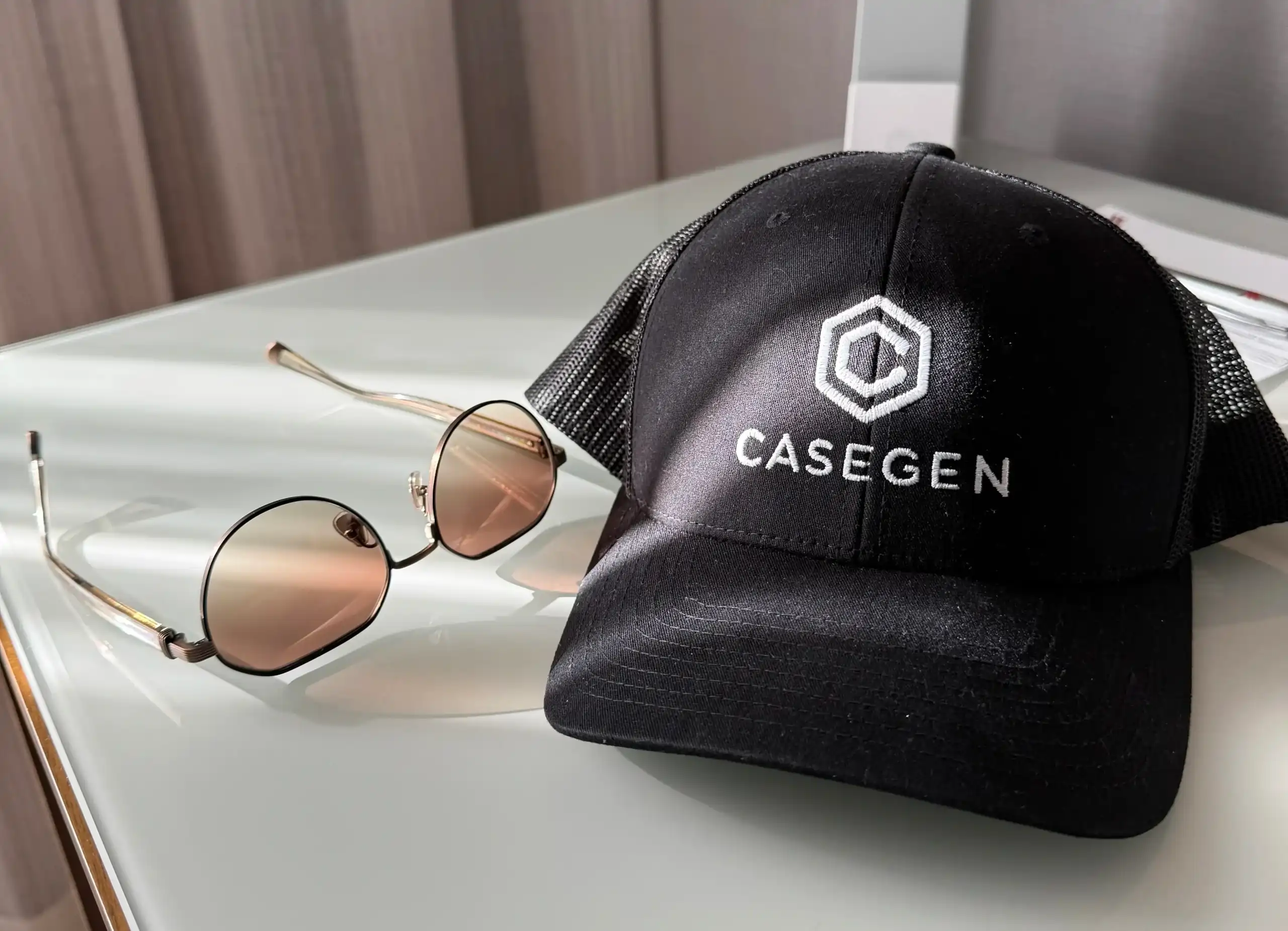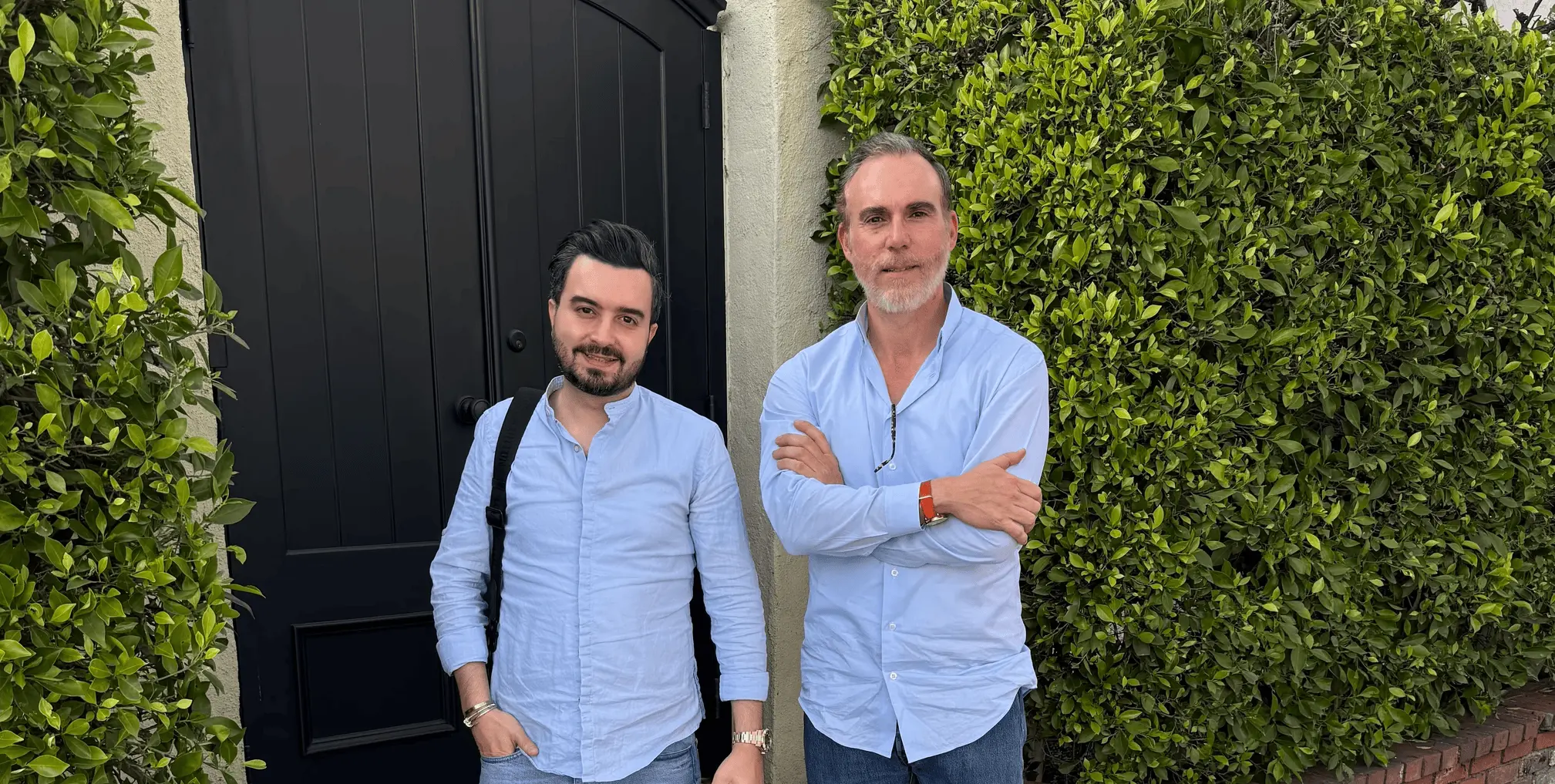In-House vs. Outsourced: What 15 Years of Listening to Intake Calls Taught Me About Lawyer Answering Services
Over the past 15 years, I’ve spent more time than I’d like to admit listening to intake calls for law firms.
Not just a few here and there—we’re talking thousands. Early morning calls, late-night emergencies, weekend inquiries, and the occasional “Is this the DMV?” (Yes, that happens.)
In that time, one thing has become crystal clear: how you answer your phone can make or break your law firm’s growth. And one of the most important decisions you’ll face is whether to handle those calls in-house or outsource to a lawyer answering service.
Let’s break down what I’ve seen work—and what I’ve seen cost law firms six figures in missed opportunities.
The In-House Approach: Personal, But Often Unpredictable
A lot of firms start with an in-house receptionist, and for good reason. It feels personal. You want someone in the office who knows your attorneys, your clients, and your firm’s culture.
And when it works, it’s great. I’ve listened to some fantastic in-house receptionists who built real rapport with callers, handled sensitive conversations with grace, and knew how to guide a potential client through the intake process.
Benefits of in-house answering:
-
Personalized caller experience
-
Strong understanding of your firm’s brand
-
Direct supervision and training
-
Ability to support administrative tasks
But here’s the reality: phones don’t just ring between 9 and 5.
Legal issues happen after hours, on weekends, and during holidays. If you’re relying solely on someone at the front desk, you’re likely missing a huge chunk of leads—especially in areas like personal injury, criminal defense, or immigration, where urgency drives decision-making.
I’ve seen law firms spend tens of thousands on ads only to miss the call because no one was there to pick up.
Why Many Firms Turn to Lawyer Answering Services
At some point, firms begin looking at outsourcing. Whether it’s a solo attorney overwhelmed by volume or a growing firm trying to streamline intake, the appeal of a 24/7 lawyer answering service is strong.
I’ve listened to countless outsourced calls—some outstanding, others… let’s just say, less than ideal.
When done right, a legal answering service can feel like an extension of your team. Calls are answered promptly. Intakes are handled professionally. Messages are sent directly to your CRM. It’s seamless.
Advantages of a lawyer answering service:
-
24/7 call coverage
-
Scalable with call volume
-
Professionally trained receptionists
-
No sick days, no vacation gaps
-
Frees up internal staff for other tasks
And the best part? It eliminates the dreaded voicemail. (Trust me, no injured client wants to leave a message and “hope someone gets back to them.”)
But it’s not always sunshine and roses.
The Pitfalls of Outsourced Answering Services
One of the biggest issues I’ve encountered is inconsistency. Some answering services are staffed with well-trained legal intake pros. Others are more like call centers reading off a generic script, with no real understanding of your practice area.
If a receptionist can’t pronounce “neurologist” or doesn’t know the difference between a contingency case and a retainer—it shows. And potential clients feel it immediately.
Other challenges I’ve seen:
-
Lack of personalization
-
Dropped calls or long hold times
-
Missed critical follow-ups
-
Limited ability to adjust intake scripts quickly
That’s why choosing the right lawyer answering service matters. It’s not just about answering calls—it’s about converting leads and creating trust from the first hello.
In-House vs. Outsourced: What Should Your Firm Do?
There’s no one-size-fits-all answer. In-house answering works well for some firms—especially smaller, high-touch practices with low call volume. But it can also lead to missed calls, overwhelmed staff, and inconsistent coverage.
Outsourcing can be a lifesaver for busy firms or those investing heavily in marketing. But it comes with the risk of miscommunication or less control over how your firm is represented.
Some firms opt for a hybrid approach—an in-house team during business hours, and a legal answering service after hours or during peak call times. That balance can provide the best of both worlds.
Whatever you decide, remember this: the first phone call is your first impression. If a caller doesn’t feel heard, understood, or cared for, you may lose them before you even knew they existed.
What About AI-Powered Answering Services?
In recent years, a third option has emerged: AI-based lawyer answering services, such as CaseGen.
These systems use conversational AI trained specifically for legal intake to answer phones instantly, 24/7. They can gather detailed intake information, route urgent calls, and even follow up automatically. And unlike traditional receptionists, they never get tired, never forget a script, and never miss a call.
I’ve seen firms use AI to handle after-hours calls, screen out spam, and reduce their intake costs significantly—without sacrificing quality.
For many firms, especially those struggling to keep up with call volume, it’s a powerful tool worth exploring.
Final Thoughts
After 15 years of listening to law firm intake calls, I can tell you this: The phone is still your most valuable marketing asset.
Whether you go in-house, outsource to a lawyer answering service, or explore AI solutions, the goal is the same—never miss an opportunity to connect.
Because when someone picks up the phone to call your firm, they’re not just looking for legal help—they’re looking for someone they can trust.
Make sure someone’s there to answer. Schedule a quick demo today.






